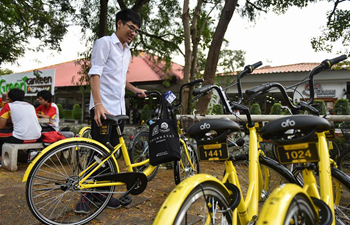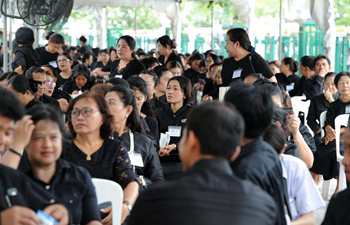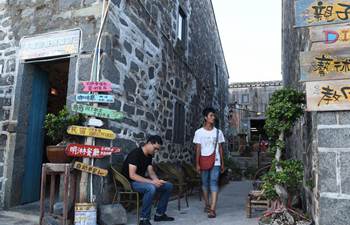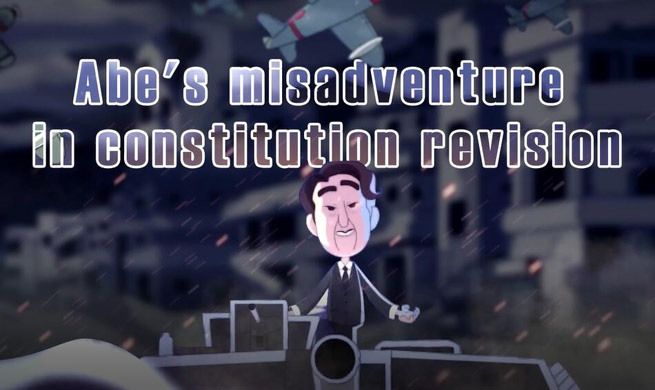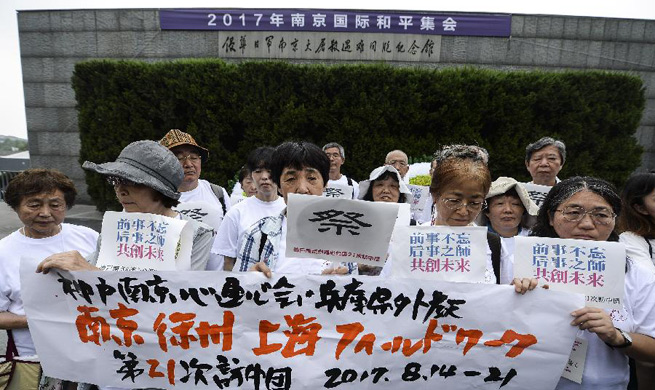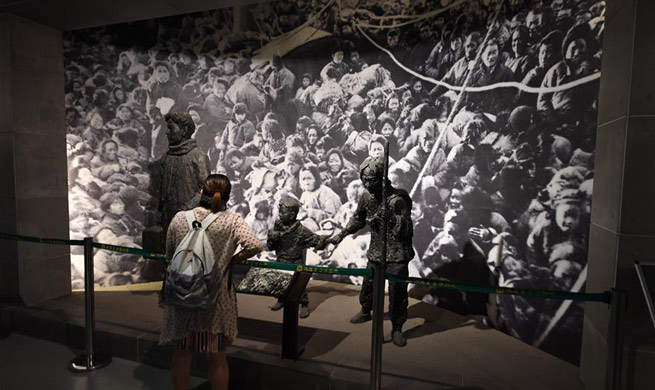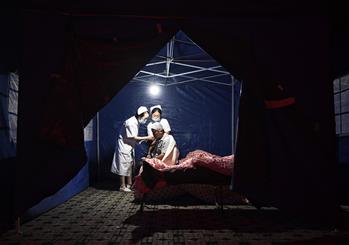BRASILIA, Aug. 15 (Xinhua) -- Brazil's informal, or underground, economy accounts for some 16 percent of the gross domestic product (GDP), Minister of Justice Torquato Jardim said on Tuesday.
Speaking at an event promoting a campaign to formalize the sector, Jardim said the informal economy was shrinking, but still represented a huge chunk of productivity.
The campaign, promoted by lawmakers and several social groups, aims to raise awareness about the benefits to both workers and the state of formalizing productivity.
In 2016, Brazil's black market sales cost the tobacco and textile industries as much as 41 billion U.S. dollars in losses, not to mention the loss to the state in unpaid taxes.
Actual losses are much higher, when the rest of the productive chain is taken into account, officials say.
To clamp down on the cross-border smuggling and contraband that fuel the black market, Brazil is working in conjunction with countries that share its 17,000-kilometer border.
Fernando Bomfiglio, of the National Movement in Defense of Legal Commerce, said one of the keys to combating informality was to moderate regulation and taxes.
"When taxes or regulations exceed a reasonable level, we have the opposite effect, which is an increase in such crimes in the black market," said Bomfiglio.
Some 40 percent of cigarettes sold in Brazil are contraband, he said.




